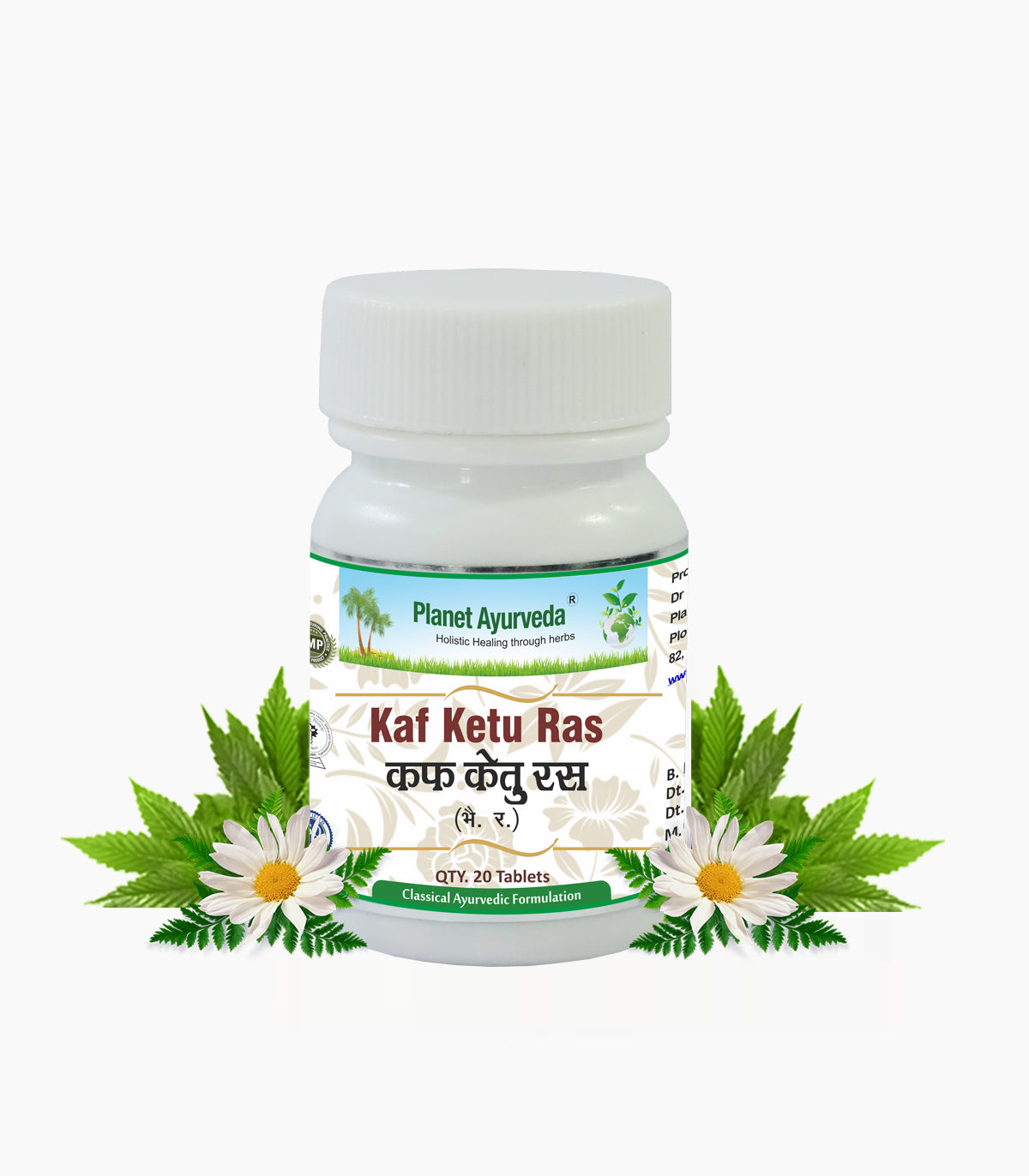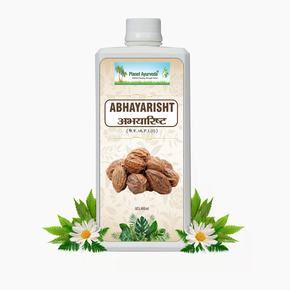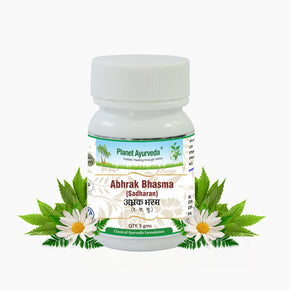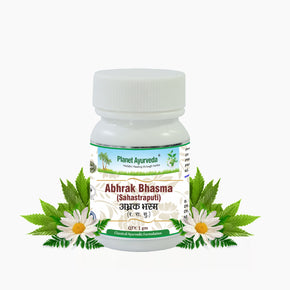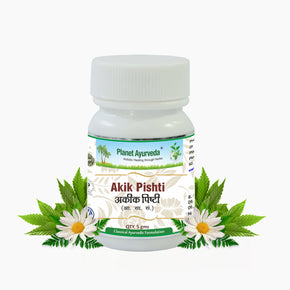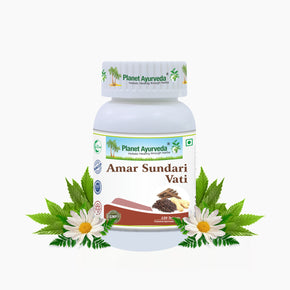- No products in the cart.
KAF KETU RAS
20 reviews
Quantity: 20 tablets
Dosage: One to Two tablets or 125mg to 150mg can be taken twice daily with water.
Suggested Products

DIAMOND STAR HERBAL TOOTHPASTE (100GM EACH)
Rs. 88.00

SANDALWOOD SOAP
Rs. 45.00

Delivery
.png?v=1697019109)
Natural

Effects

Certified
.png?v=1697020299)
MD-Ayurveda Experts
 GUARANTEED SAFE CHECKOUT
GUARANTEED SAFE CHECKOUT

Description
टङ्गणं मागधी शङ्ख वत्सनाभं समं समम् । आर्द्रकस्वरसेनाथ दापयेद् भावनात्रयम् ॥८४२॥
गुञ्जामात्रं प्रदातव्यमार्द्रकस्वरसैर्युतम् । पीनसे श्वासकासे च शिरोरोगे गलग्रहे । कफरोगान्निहन्त्याशु कफकेतुरयं रसः ॥८४३॥
(Bhaishajya Ratnavali / Jwaradhikara / Shlok 842-843)
This classical ayurvedic formulation is used in conditions such as:
- Peenasa (sinusitis/chronic cold)
- Shwaas (asthma/breathing difficulty)
- Kaas (cough – dry or with phlegm)
- Shiro Roga (head-related disorders like sinus headache)
- Gala Graha (throat congestion/tonsillitis)
- Kapha Roga (all kapha-related disorders)
- Jirna Pratishyay (chronic cold and nasal blockage)
Kapha Ketu Rasa is one of the classical organomineral formulation. If seen pathophysiologically, histamine secretion is one of the major causes of allergic disorders. There are significant studies that Kaphaketu is an effective medicine that contains antihistamine properties naturally.
Dosage
- One to Two tablets or 125mg to 150mg can be taken twice daily with water.
- To enhance the property of Kapha Ketu Ras one can mix it with ginger and honey.
- It is important to note that the dosage depends on the age, digestive power, and strength of the patient.
Contraindications
- Should always be taken as prescribed by the physician.
- Over dosage of the medicine can result in a poisonous effect on the body.
- It is not recommended to women who are pregnant or lactating.
This is pure classical Ayurvedic medicine and should be strictly consumed only after prescription of an Ayurvedic doctor and to be taken under medical supervision only.
Ingredients
KEY INGREDIENTS
- Tankan Bhasma (Borax)
- Magadhi (Piper longum)
- Shankha Bhasma (Conch shell)
- Shuddha Vatsanabha (Purified Aconitum ferox)
- Fresh juice of ginger
Reference: Bhaishajya Ratnavali
Talk to our Experts
Our trusted experts can help you choose the right products for your health.
Book Your Consultation Now
Our Company Certifications

.png?v=1700656791)


























.png?v=1695813493)














